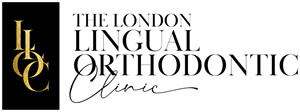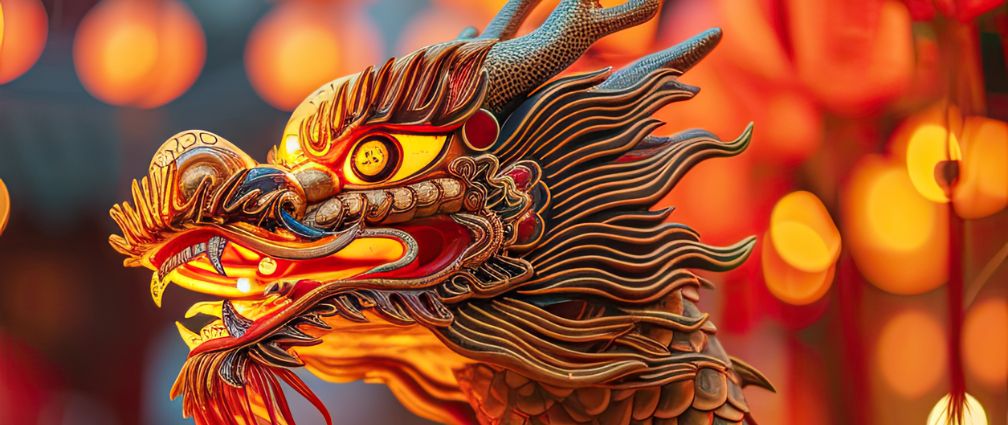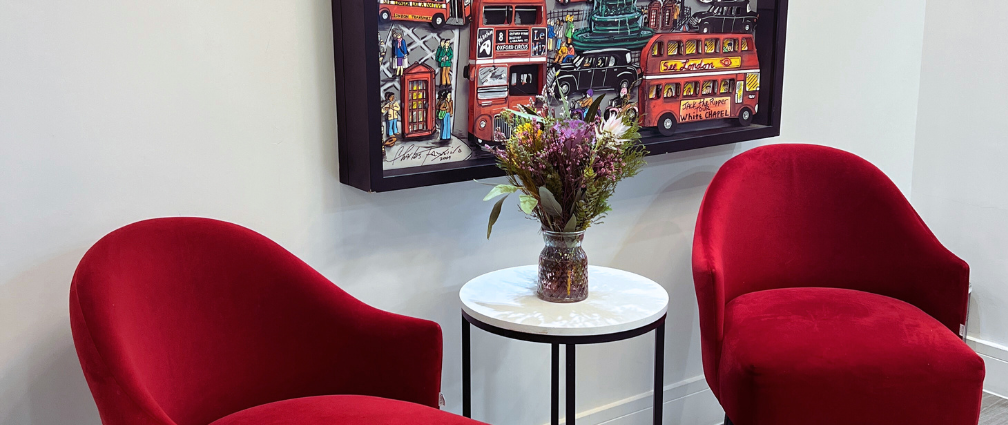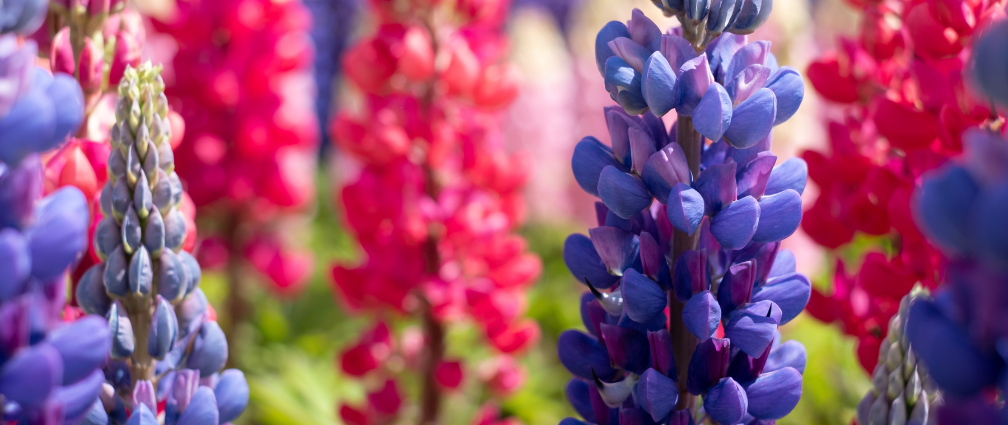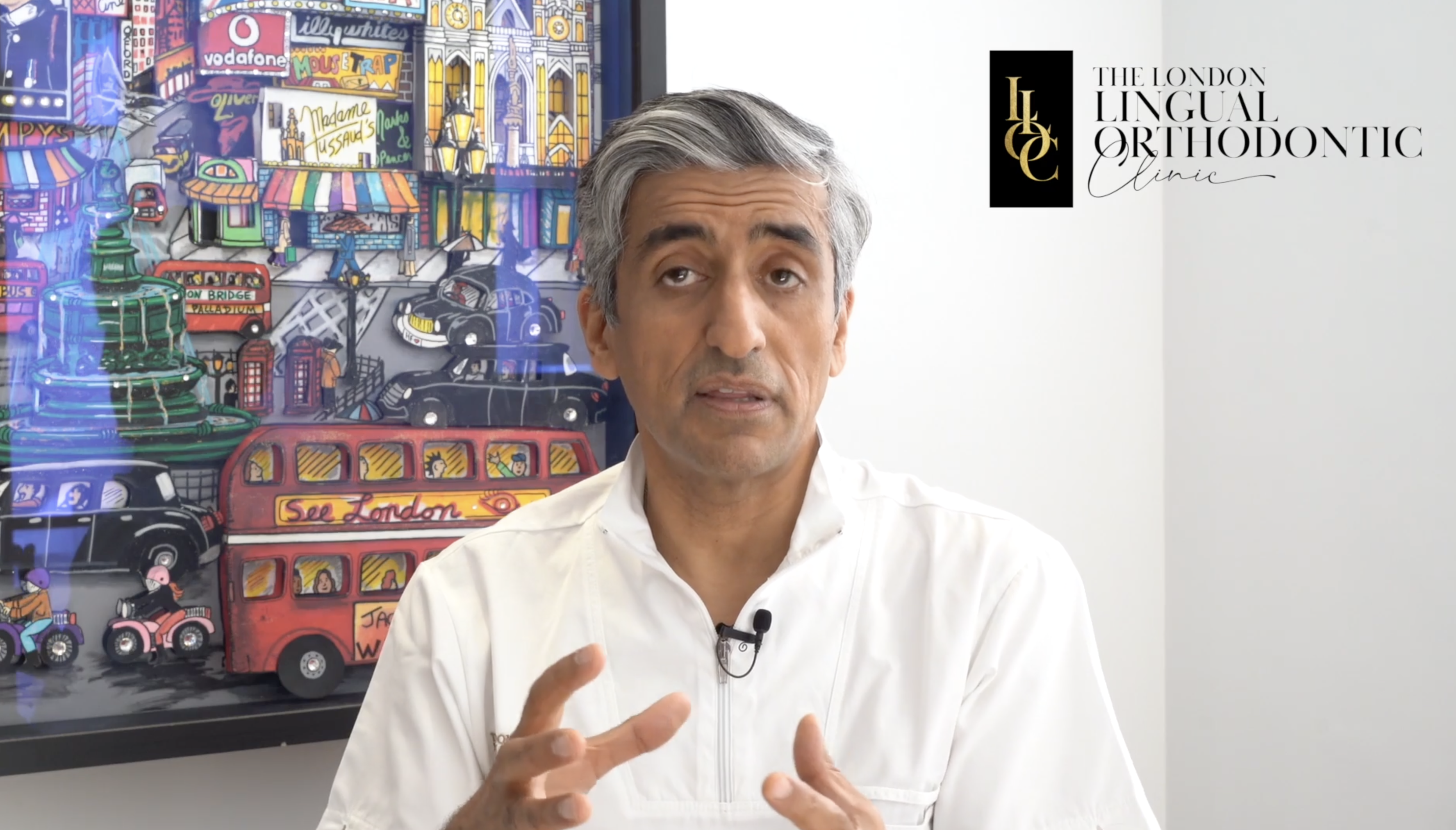We live in a society where we are constantly encouraged to strive for perfection, to strain against our very nature to be something we are not. The risk is that this quest to conform to the notion of an ideal creates unreal expectations which can lead to stress, dissatisfaction and frustration.
What if we learnt to value the flaws and imperfections?
In his book The Unknown Craftsman: A Japanese Insight into Beauty, Soetsu Yanagi explores the concept of beauty in an object, where the student learns to find what is interesting in the simplest of forms. A piece of pottery which has been cracked during the construction process – when placed next to its carbon copy – can be appreciated because of, not despite, its imperfection.
Yanagi’s philosophy was in line with the ancient Zen philosophy of Wabi Sabi, which although it has no direct translation in English, simply means flawed beauty. Considered to be the father of the Japanese craft movement in the early half of the 20th century, the late Yanagi’s writing still resonates today.
He believed in a sustainable practice that is not built on unobtainable fantasies in a throw-away society but potentially spans across all cultures, genres, art forms and industry..
Naturalness is the essence of true beauty
The fashion industry is catching up on the Wabi-Sabi philosophy which Yanagi explored back in the 1920s. We are starting to see trends on the catwalk and in glossy magazines that might be considered the antithesis of symmetry. A nose that juts out of a person’s face, a, gap-toothed smile which add a certain quirky edge. Madonna, Georgia May Jagger, Lara Stone and Vanessa Paradis all wear their gaps with pride, showing reverence for imperfection and natural order.
Increasingly, dentists like to work with a person’s features and keep everything as natural as possible. One such is the French super dentist, as he was christened in an article last year, Dr Bernard Touati who believes that embracing our flaws and being natural does not mean having bad teeth.
In the United States they want teeth that are symmetrical, monochromatic, artificial… the lack of artificiality is key: there are fashions in teeth and if your teeth are misaligned or crooked, the fashion used to be to slap porcelain veneers over them.â€
All of this Wabi Sabi doesn’t mean we can’t strive to improve – it means we rethink our ideas of perfection. It’s about being true to ourselves and our patients and working with what we have, to achieve a more natural outcome.
